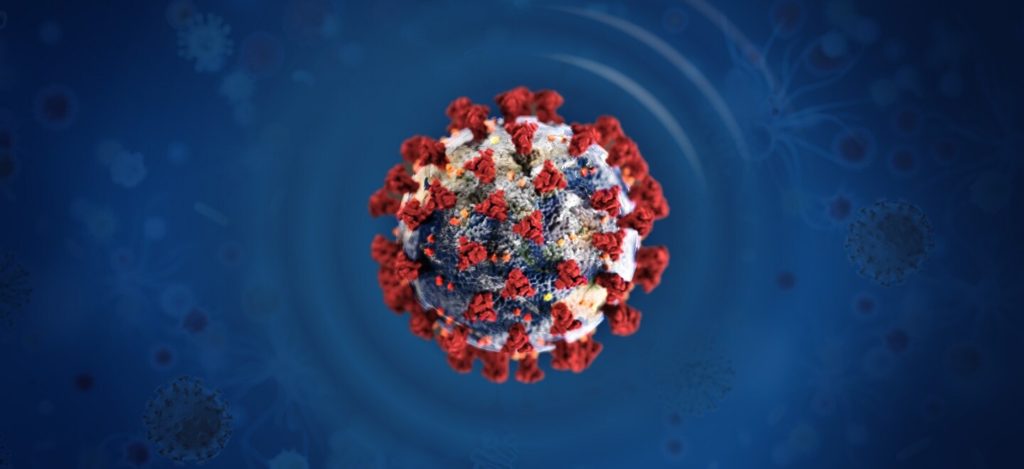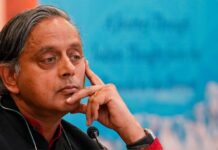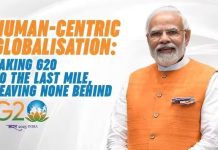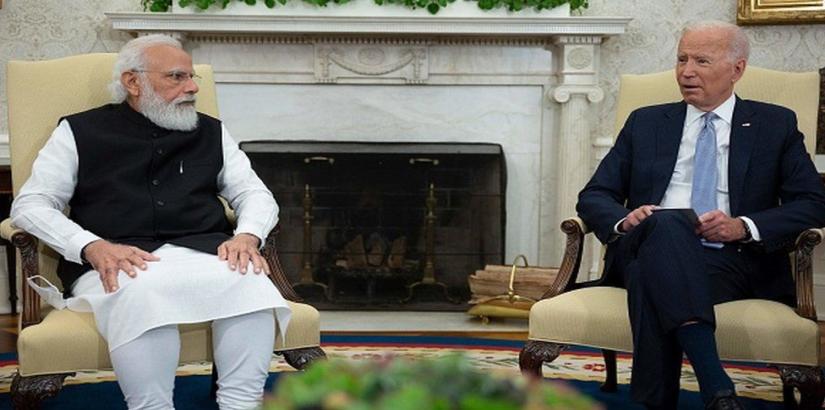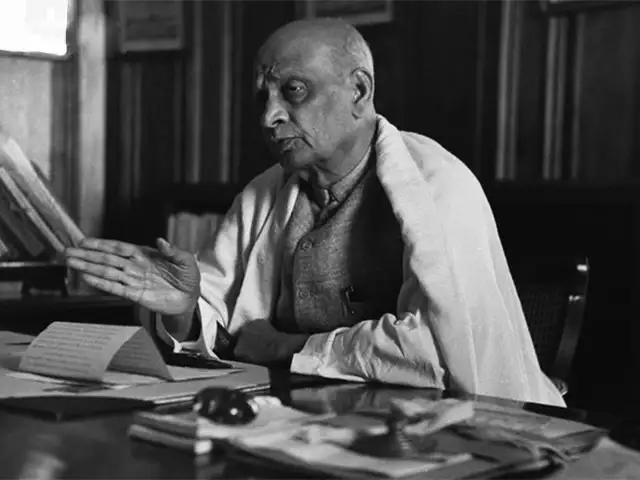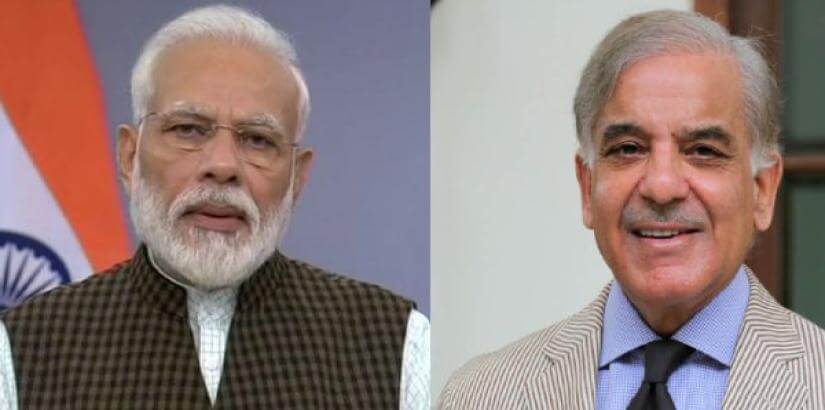D.C. PATHAK
Prime Minister Narendra Modi’s announcement of an extension of the lockdown, till May 3 this time, reflected three important strands of the Centres policy of combating corona virus. First, it was rightly decided that the strategy of dealing with the pandemic had to be determined at the national level — by the Union government — which was implementing the mandate of the Constitution to act for ether people of India, in consultation with the states.
Secondly, on an examination of what was happening across the globe, the lockdown in India, with social distancing at its root, was deemed to have yielded a huge benefit for the country and therefore a period of 40 days recommended by our experts initially for evaluating the complete play of the corona virus, was apparently accepted as the right recipe taking into account the rise in the number of reported cases in some parts of the country.
And third, a possible opening up of agriculture, industrial, infrastructure, oil production and IT sectors where social distancing norms could be followed more easily along with free movement of goods across the states, could according to policy makers, wait for at least one more week to avoid risks.
The Prime Minister emphasised that the lockdown had to be followed rigorously and there was a hint in his address of his disapproval of violations that had come to notice and cautiously offered to review the situation in the light of the scientific study of the regionalised spread and the rate of incidents of the contagion in different areas, carried out by our medical researchers.
Pending the discovery of a vaccine the mitigation attempt has had to rely on a mathematical analysis of the pattern of movement of the virus which is a non living but free floating protein molecule capable of mutating and multiplying like an organism on finding contact with a vulnerable human body. Nowhere else was a social distancing understood so well and used as the chief weapon to defeat the virus so effectively as was the case during the Indian lockdown.
Prime Minister Modi’s leadership has been tested both for his decisiveness and his ability to get a vast country like India — with its socio-cultural and economic diversities — to conform to the unprecedented dos and don’ts of a prolonged lockdown.
The people of India, on their part, generally responded with a sense of awareness and self- discipline with the tremendous contribution of the neighbourhoods and RWAs on one side and the villages on the other must be specially mentioned. People’s innate sense of national unity always came to the fore in a situation of a war or natural disaster and that is how, despite the rigours of the lockdown, innumerable philanthropic groups and organisations, big and small, created a food chain for the needy and the dislocated, making sure that no one would go hungry’ in this land.
The lockdown is inevitably causing greater distress to the poor and the weak. The Prime Minister has counselled the employers to be considerate towards the employees during this period.
In another case, the murky side of socio-economic power — its misuse for defying the lockdown protocols — came to light in Maharashtra where a set of super rich families were able to blatantly travel in a large convoy of swanky cars to a hill station on authorisation secured from a top state official.
It is coming out that political patronage was in play here. The message that this gave to the people at large was that individuals could flaunt money and the influence to show how they were above the directives issued by the state for the larger national good.
Another instance of a VIP flaunting his position came from Karnataka where a Minister tweeted his picture with family in a swimming pool, along with a sarcastic comment on social distancing. The Centre would surely like to send down a strong message against this kind of administrative impropriety.
The corona pandemic too will pass but will surely make a lasting impact on systems of governance, business methodologies and lifestyle issues. A good part of it will be in the nature of a corrective influence that all should welcome.
Staying connected in spite of distances, realising the importance of body fitness, learning to make a productive use of time, differentiating between desirable essentials and empty luxuries and feeling a little more compassionate towards the cause of humanity, are some of the socio-cultural dividends that the global crisis might leave behind. One hopes all of this would improve the standards of our domestic politics as well.
(The writer is a former Director Intelligence Bureau)

